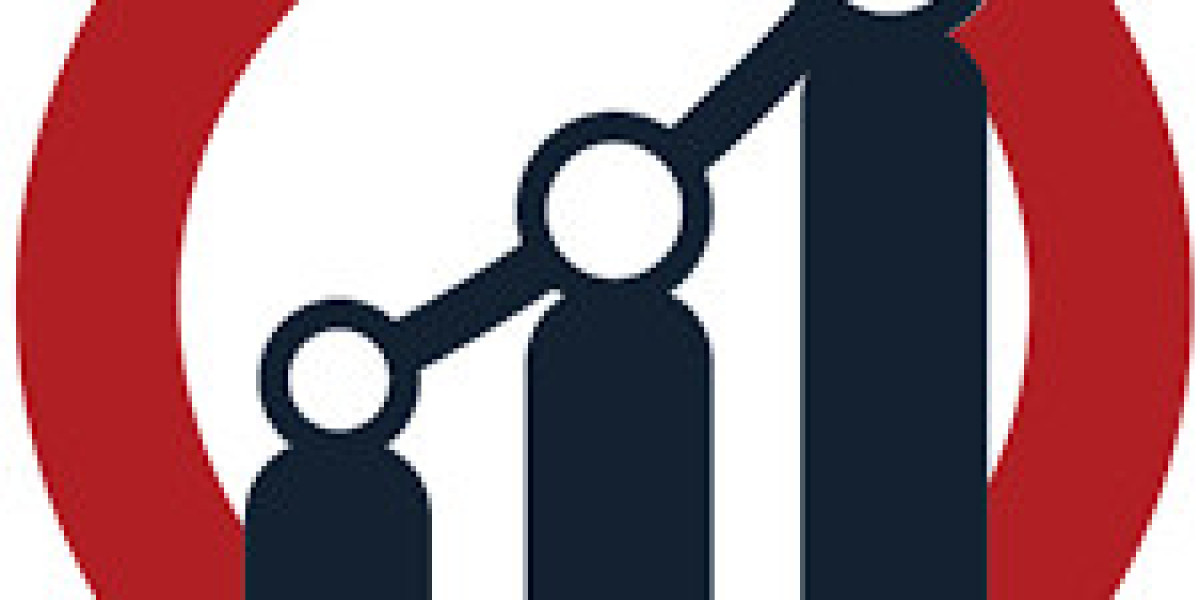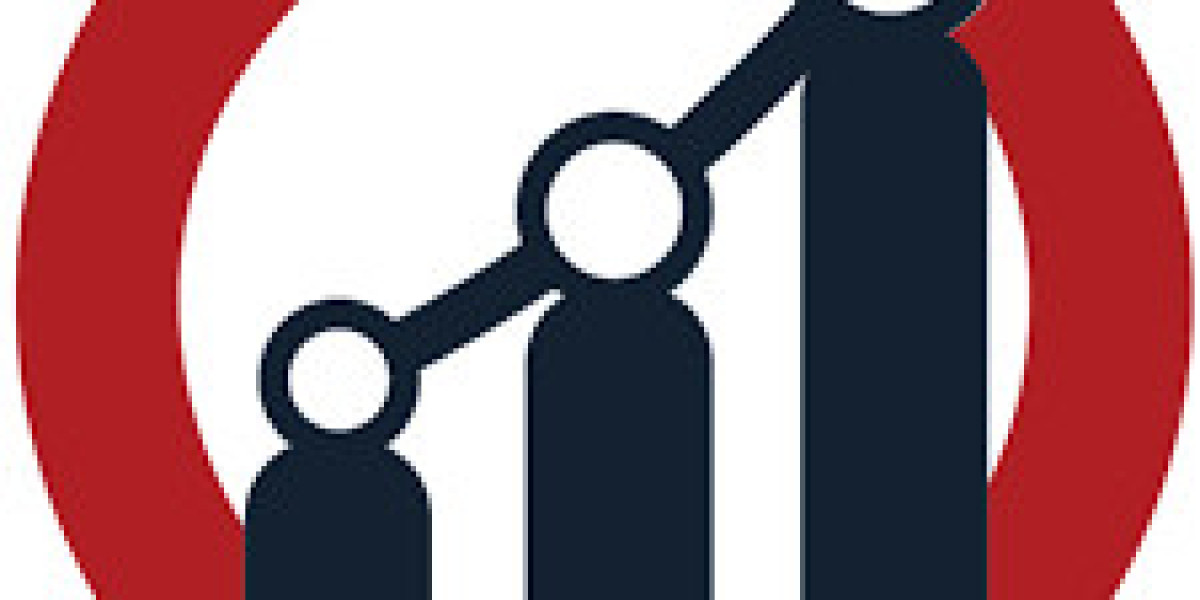The Cold Chain Monitoring Market is becoming increasingly vital in a world where temperature-sensitive goods—such as pharmaceuticals, food, chemicals, and biologics—form a significant share of global trade. Cold chain monitoring systems use sensors, IoT devices, data loggers, GPS, and software platforms to ensure that goods are stored and transported under optimal temperature and humidity conditions from source to destination.
With the increasing demand for vaccines, perishable foods, and bio-based products, cold chain monitoring has evolved from a compliance requirement into a strategic necessity, driving growth across multiple industries.
Cold Chain Monitoring Industry Dynamics
Market Drivers
Rising Demand in Pharmaceuticals and Healthcare: Temperature-sensitive drugs, especially vaccines and biologics, require strict monitoring to maintain efficacy.
Global Expansion of the Food & Beverage Sector: The growing consumption of fresh and frozen products globally fuels the need for robust cold chain infrastructure.
Regulatory Compliance: Governments and international bodies mandate stringent guidelines for temperature control in storage and transportation.
Technology Advancements: Integration of IoT, blockchain, and cloud platforms enables real-time data collection and advanced analytics.
Market Challenges
High Installation and Maintenance Costs: Initial setup, including sensors and software, can be capital intensive.
Data Integration Issues: Fragmented systems can lead to gaps in monitoring and inconsistencies in reporting.
Connectivity Gaps in Remote Areas: Limited internet access can hinder real-time monitoring in certain geographies.
Cold Chain Monitoring Market Size and Forecast
The Cold Chain Monitoring Market size was valued at USD 7.8 billion in 2024 and is projected to reach USD 17.6 billion by 2030, growing at a CAGR of 14.7% during the forecast period (2025–2030).
Cold Chain Monitoring Market Share Insights
By Component:
Hardware (sensors, RFID devices, data loggers) accounts for the largest share.
Software and Services are gaining momentum due to predictive analytics and AI-based solutions.
By End-User:
Pharmaceuticals and Food & Beverages dominate the market due to regulatory scrutiny and perishability.
Chemical and Agricultural sectors are emerging segments with significant potential.
By Region:
North America leads due to advanced infrastructure and regulatory compliance.
Asia-Pacific shows the highest growth rate, driven by expanding healthcare and food industries.
Cold Chain Monitoring Market Growth Trends
IoT and AI Integration: Predictive maintenance and anomaly detection are being enabled through intelligent monitoring platforms.
Blockchain for Transparency: Blockchain ensures traceability and data integrity across the supply chain.
Sustainability Focus: Eco-friendly packaging and energy-efficient refrigeration systems are reshaping cold chain operations.
Cloud-Based Monitoring Platforms: Cloud solutions offer scalability and remote access to data analytics and compliance reports.
5G Deployment: Enhances connectivity and real-time data transmission, particularly in logistics and transportation phases.
Future Outlook
The Cold Chain Monitoring Market is poised for transformative growth as industries demand higher traceability, safety, and quality assurance across their supply chains. Innovations in sensor technologies, connectivity, and AI-driven analytics will further elevate the precision and reliability of cold chain systems.
Emerging markets, vaccine distribution networks, and expanding e-commerce in fresh foods are key growth frontiers. Strategic partnerships, investment in smart infrastructure, and adoption of unified digital platforms will determine market leadership in the years to come.
read more
| Volumetric Display Market |
| Inclinometers Market |
| Passenger Service System Market |
| 3D Glass Market |








